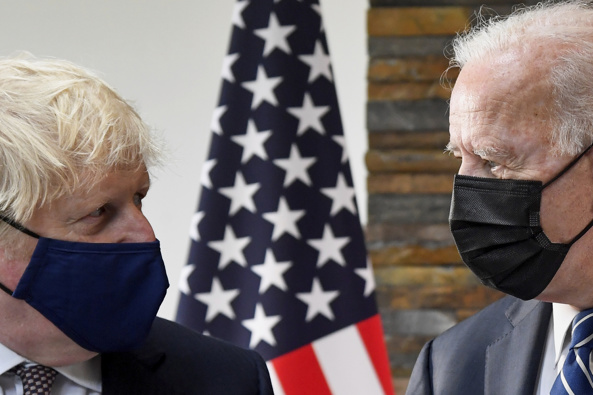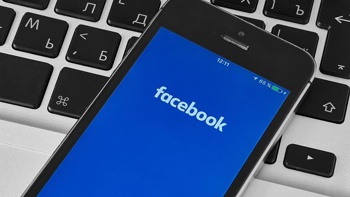Follow
the podcast on

The leaders of the world's advanced economies will gather Friday on the Cornish coast for the first time since the global coronavirus pandemic began, welcoming President Joe Biden as a new member who arrived here intent on restoring traditional American alliances.
With a pandemic raging in much of the world, a global economy still in shock and threats rising from Russia and China, the Group of 7 summit that formally begins on Friday is shaping up to potentially be one of the most consequential in recent memory.
Biden has ramped up those stakes, framing the moment as one just as momentous as the years during and after World War II, when the US, the United Kingdom and their allies worked together to help the world recover.
Already, Biden has used his first trip abroad as President to announce a purchase of new vaccines for the developing world, likening it to American wartime efforts building tanks and airplanes. And he sat down for his first face-to-face meeting with Britain's Prime Minister in a photo op designed to replicate a historic World War II alliance.
He's sought to convey a message of unity after four years of fractured alliances under then-President Donald Trump. And while European leaders are sighing with relief at a more traditional US presidency, there remain differences between the leaders. And skepticism abounds about the durability of Biden's message.
On Friday, Biden turns to the full G7 group, which comprises the leaders of Britain, Canada, France, Germany, Japan, Italy and the United States.
His day will include the landmark "family photo," a symbolic moment for a President who has long sought a place in the club of world leaders. Biden's wife, first lady Jill Biden, said Thursday that her husband had been building up to this moment for years.
"He's been studying for weeks working up for today," she said. "He knows most of the leaders that will be here. Joe loves foreign policy. This is his forte."
Later he'll meet for closed-door sessions on the global pandemic recovery, the driving topic for leaders urgently working to pull their nations from the grips of the worst global health crisis in a generation.
On Thursday, Biden framed his announcement that the US was purchasing 500 million Pfizer vaccine doses as a commitment akin to America's participation in World War II, saying the United States' values required it to help inoculate the world.
"In times of trouble, Americans reach out to lend a helping hand. That's who we are," Biden said, describing his vaccine announcement as "historic" and citing the tragedies of the pandemic in the US along with the government's "Herculean effort" to recover.
"America will be the arsenal of vaccines in our fight against Covid-19, just as America was the arsenal of democracy during World War II," he said, harkening later to tanks and planes built near the Pfizer plant in Michigan during the war. "Now a new generation of American men and women ... are committing today's latest technology to build a new arsenal."
The United Kingdom is an old ally, including during World War II, and Biden has sought to underscore those historic ties during his time here.
He and Prime Minister Boris Johnson have sought to replicate the historic alliance between President Franklin Delano Roosevelt and Prime Minister Winston Churchill by signing a new version of the Atlantic Charter, a document signed after the war in an attempt to shape the new world order.
The new document did not mention Russia or China by name but did mention persistent issues emanating from those countries, including disinformation campaigns and election meddling.
"It's been 80 years since the last one, it's about time that it gets refreshed," a senior administration official said ahead of the signing, which came during Biden's one-on-one talks with Johnson in Cornwall. "The original really outlined what the postwar world order could and should look like; this new charter will make clear what the coming decades of the 21st century can and should look like."
by Kevin Kiptak, CNN
Take your Radio, Podcasts and Music with you









